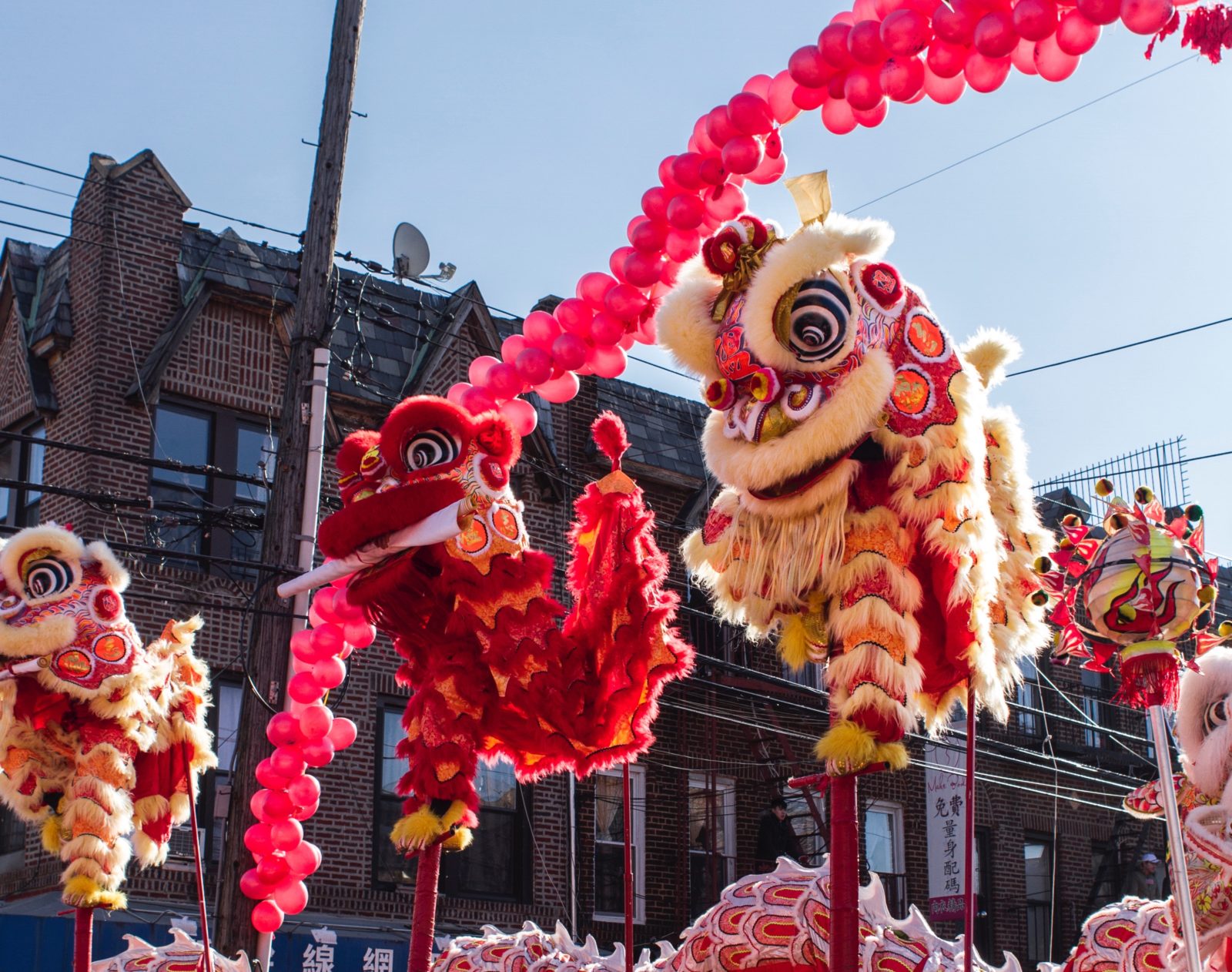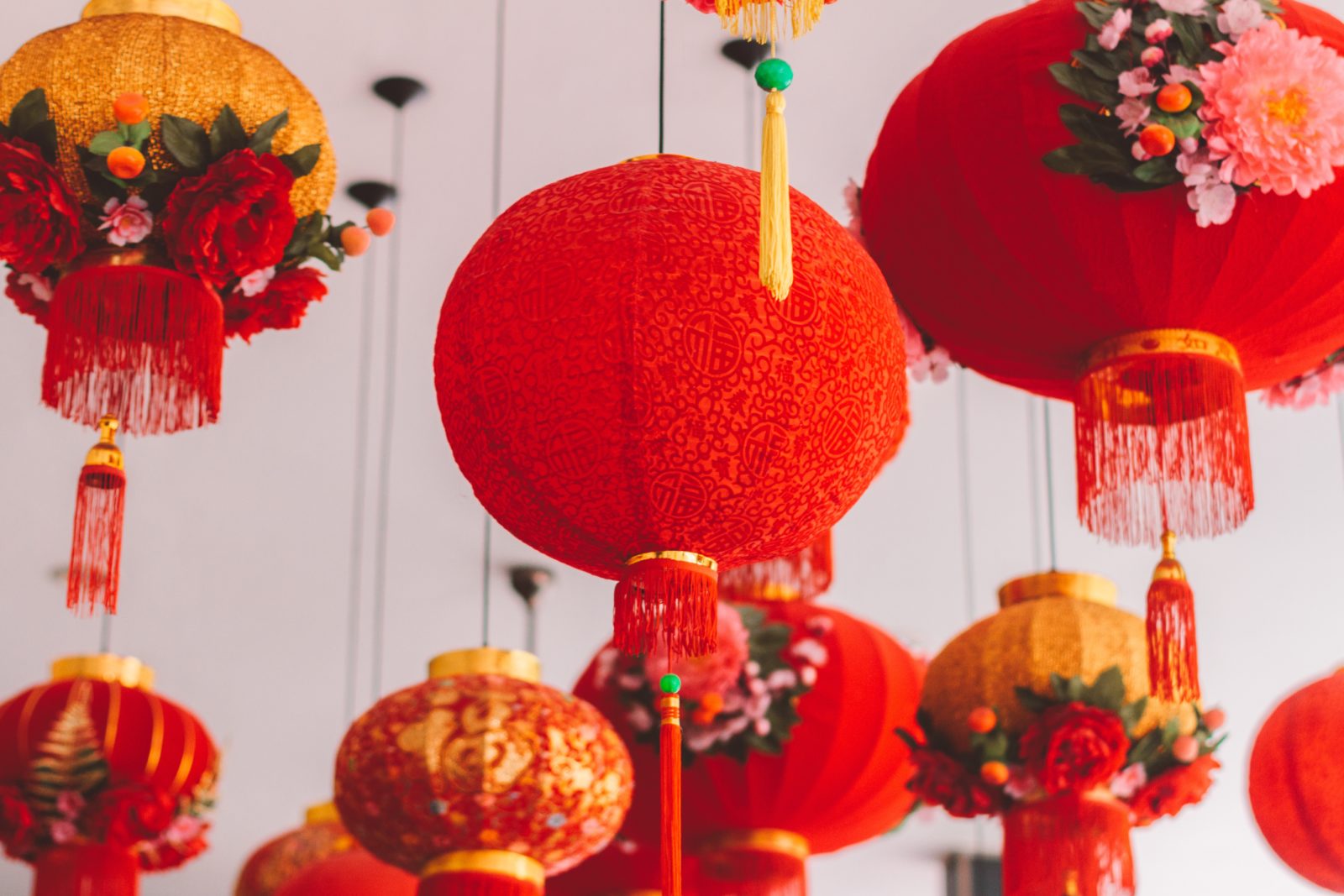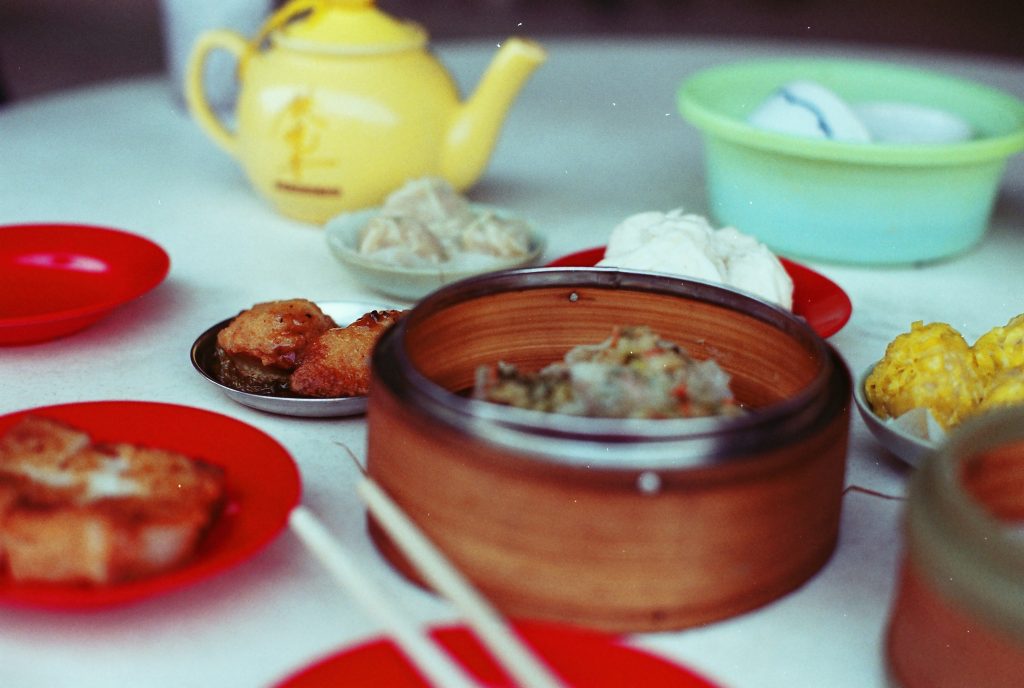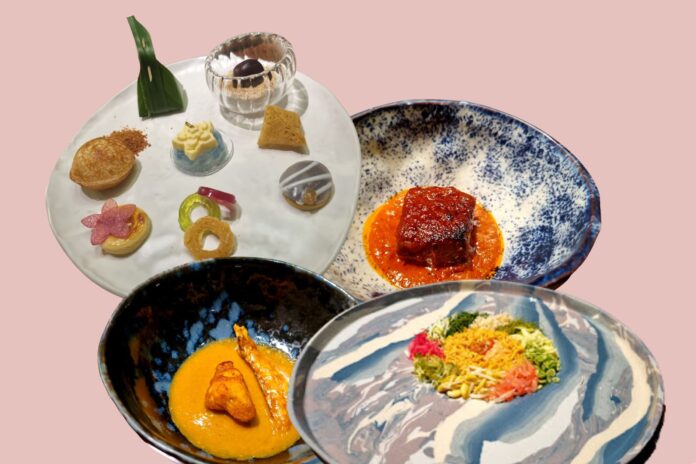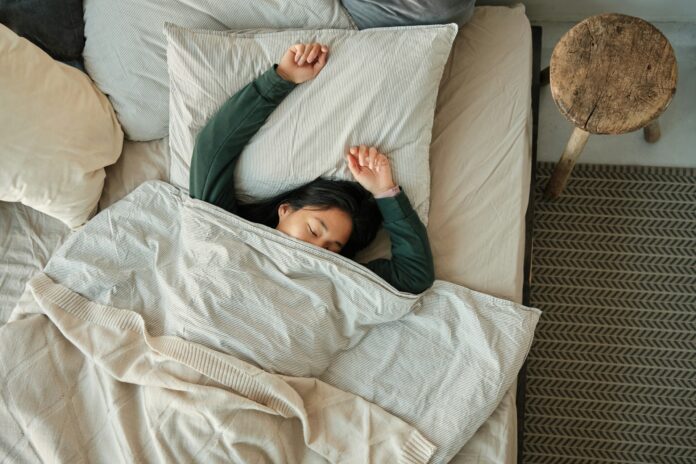Chinese New Year lands on Tuesday and with it a feast of colour, tradition and great food. But anyone with an interest in The Red Dragon will know that most Chinese New Year party preparations start a week before New Year’s Eve. Not to worry if you’re late to the party; with the help of Chinese beer company Tsingtao, here are 5 IDEAL Chinese New Year traditions.
BRUSH IT AWAY
According to Chinese tradition, cleaning the house will sweep away bad luck which may have accumulated inside over the past year; the clean house is then ready for good luck to enter once again. This means that serious significance is given to the first person who enters the house in the new year, and as such they must be carefully chosen and of importance to the family. They’ll have an impact on the luck of the household and vice versa for the year to come. If you’re lucky enough to be chosen in this role, then you should feel honoured and treat the role with respect.
RED IS THE COLOUR
As anyone who has walked through a Chinatown anywhere in the world will know, red is the main celebratory colour and symbolises good luck, so expect to see red lanterns, clothes and envelopes aplenty. Try to arrange decorations in quantities of eight, as it’s a very lucky number in Chinese folklore (its pronunciation is similar to that of ‘wealth’ or ‘fortune’).
FIRE UP THE FIRECRACKERS
Make your party go off with a boom, boom, bang by setting off firecrackers, which are said to scare bad spirits away. Originally, burning bamboo (and the crackle it makes) was used for the same purpose, but as time has worn on firecrackers have become more popular, owing to their relative efficiency and ease of attaining that much sought after sound.
LUCKY MONEY
Lucky money is integral to Chinese New Year celebrations and nothing symbolises the dawn of a new year as much as the giving (and receiving) of red envelopes containing lucky money. Prepare red and gold envelopes (Lai See) with money inside, which are signs of prosperity and good luck, to give as gifts to young children. The amount isn’t important or significant; the relevance lies in the gesture.
COOK UP A FEAST
Create your own Chinese cuisine at home; healthier and more delicious than a takeaway and far more impressive to your guests. As with all other aspects of the Chinese New Year’s celebration, your choice of food carries meaning. Here are some of the most popular things to eat and their symbolic significance:
- Noodles – for happiness and longevity
- Dumplings and spring rolls – for wealth
- Tangyuan (sweet rice balls) – family togetherness
- Niangao (glutinous rice cake) – higher income or status
- Tangerines and oranges – fullness and wealth
- Fish – an increase in prosperity

